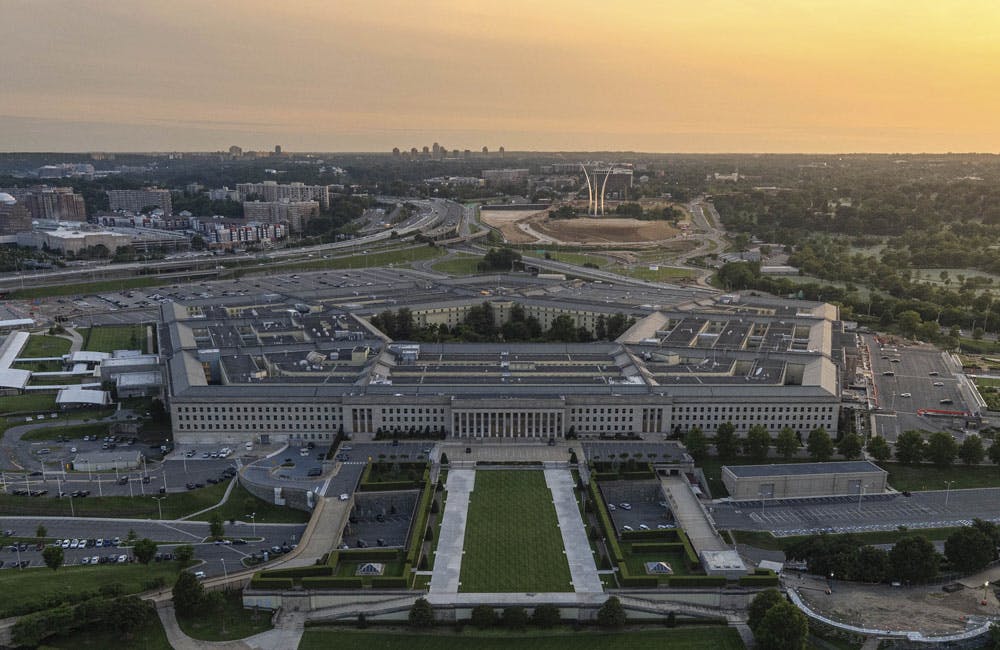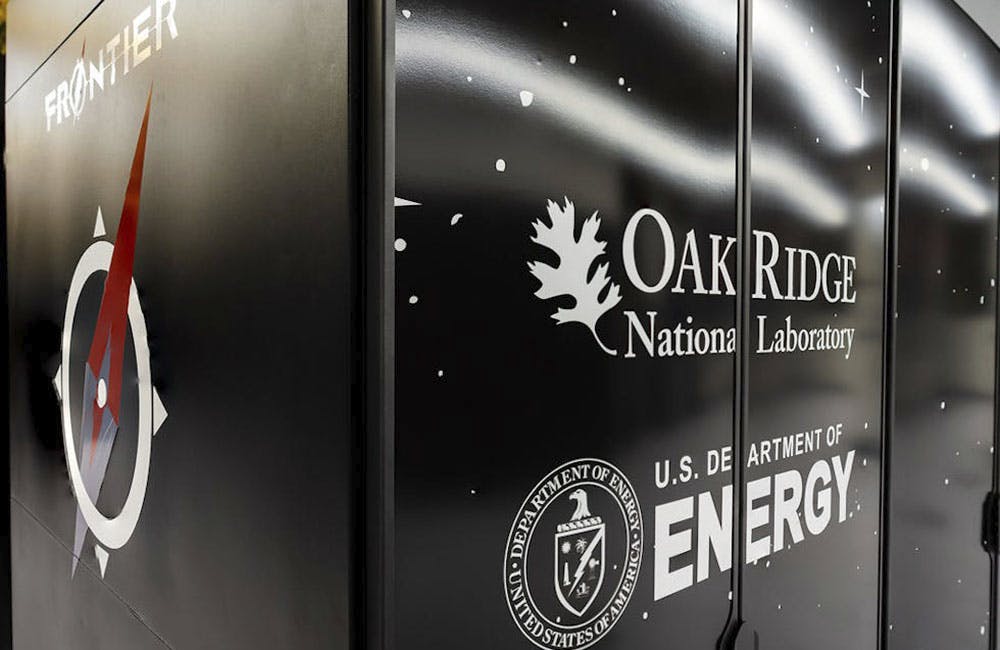White House Issues AI ‘Safeguards’ Policy to Protect the Public
Federal agencies have new actions to guide ethical AI development as White House teases further procurement rules and talent surge.

A new Office of Budget and Management (OMB) memo guides federal agencies on specific parameters around responsible AI development through governance, responsible innovation and risk management.
The plan follows the White House’s prominent executive order in October that directed federal agencies to prioritize safe, secure and trustworthy use of AI.
The new memo provides more direction to many agencies on how to implement some of the directives from the executive order while many are already starting to explore and apply AI’s many benefits.
“When used and overseen responsibly, AI can help agencies to reduce wait times for critical government services, improve accuracy and expand access to essential public services,” OMB Director Shalanda Young said ahead of the announcement Thursday. “[The new policy] is the first requiring federal agencies to adopt concrete safeguards when using AI in ways that could impact the rights or safety of the public.”
“AI can transform public service as the federal government increasingly adopts AI, we must also develop the federal government’s capacity,” said OMB Deputy Director Nani Coloretti. “The policy directs agencies to develop their existing workforces to help them take advantage of AI, and it extends the same safeguards for federal employees’ rights and safety that apply to the general public.”
On the governance side, the memo requires agencies to name chief artificial intelligence officers within 60 days and establish an AI use case inventory.
On advancing innovation, agencies must remove barriers to responsible AI development, prioritize recruiting AI talent, and share AI assets like code and data sets with other agencies.
Coloretti also hopes agencies would be able to upskill the existing workforce and said the AI National Talent Surge will hire at least 100 more AI professionals by this summer.
On managing risk, which comprises nearly 12 pages of the memo, by Dec. 1 agencies must implement minimum practices for certain AI capabilities or cease using them. Some of the minimum practices include things like identifying and assessing AI’s impact on equity and fairness, notifying negatively affected individuals and also responsibly procuring AI technology.
Coloretti said later this year the agency will release new actions addressing procurement of AI and already has a request for information out with responses due April 29.
The government has taken a strong role in ensuring federal development and use of AI is ethical and safe due to rising concerns that it would replace jobs or lead to unfair practices due to biased data and algorithms.
“The American people have a right to know that when and how their government is using AI that it is being used in a responsible way, and we want to do it in a way that holds leaders accountable for the responsible use of AI,” Vice President Kamala Harris said on a press call Wednesday.
Though these directives apply to the AI work across a bulk of the federal government, the memo notes that it does not cover AI “when it is being used as a component of a National Security System.” The Pentagon has established its vision for AI development across defense systems with execution focused under its Chief Digital and AI Office.
This is a carousel with manually rotating slides. Use Next and Previous buttons to navigate or jump to a slide with the slide dots
-

The CAIOs Leading Responsible AI Development Across Government
Since the White House's AI executive order, federal agencies are in the process of naming chief artificial intelligence officers.
7m read -

How TMF is Helping Agencies Accelerate Tech Modernization
The program launched a new AI pilot to expedite TMF applications as agency leaders urge more to consider applying for funds.
4m read -

Defense Board to Pitch Solutions for Closing Tech Talent Gaps
Defense Innovation Board members cite need to modernize people management the same way government modernizes technology.
4m read -

Energy Researchers Aim For Holistic Approach to AI Issues
A new center at the Oak Ridge National Laboratory is looking at under-researched areas of AI to better understand how to secure it.
2m read








